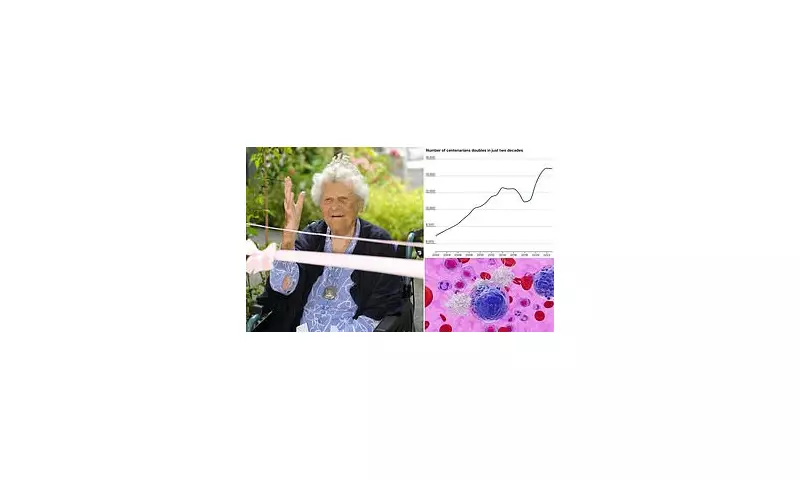
In a revolutionary breakthrough, scientists have uncovered what could be the closest thing to a 'fountain of youth' – and it's hiding in our very own immune systems.
New research suggests that specific white blood cells may play a crucial role in slowing down the ageing process, potentially paving the way for groundbreaking anti-ageing treatments.
The Immune System's Surprising Role in Longevity
Researchers have discovered that certain immune cells appear to have remarkable regenerative properties that could help combat age-related decline. These findings challenge our traditional understanding of ageing and open up exciting possibilities for extending human lifespan.
How White Blood Cells Could Rewrite Ageing
The study reveals that:
- Specialised immune cells demonstrate unexpected regenerative capabilities
- These cells may help repair age-related damage throughout the body
- The discovery could lead to new therapies for age-related diseases
What This Means for Future Longevity Treatments
While the research is still in its early stages, scientists are optimistic about its potential applications. This discovery could revolutionise how we approach:
- Age-related disease prevention
- Regenerative medicine
- Personalised anti-ageing treatments
Experts caution that more research is needed before any treatments can be developed, but this breakthrough represents a significant step forward in our understanding of the ageing process.





